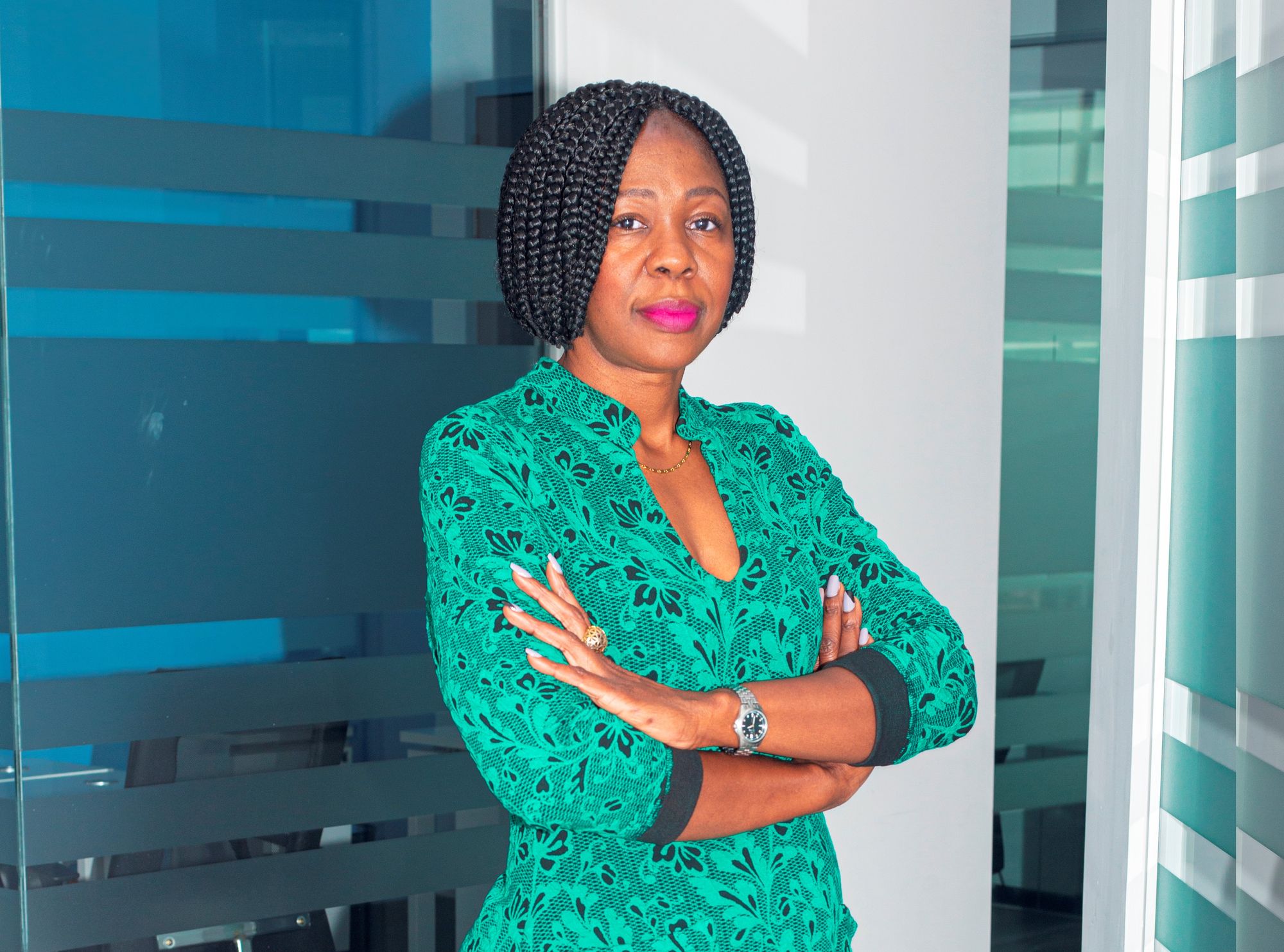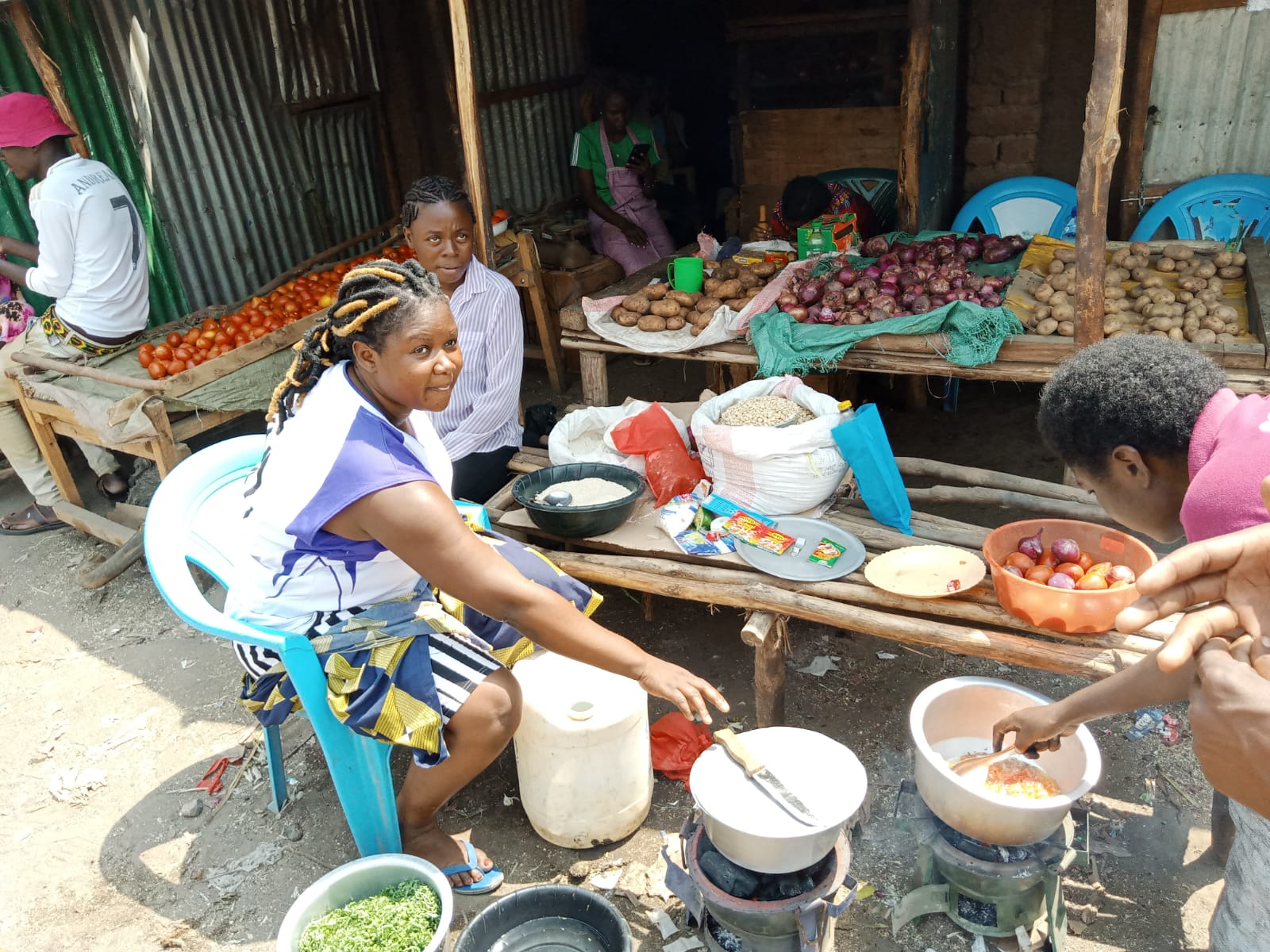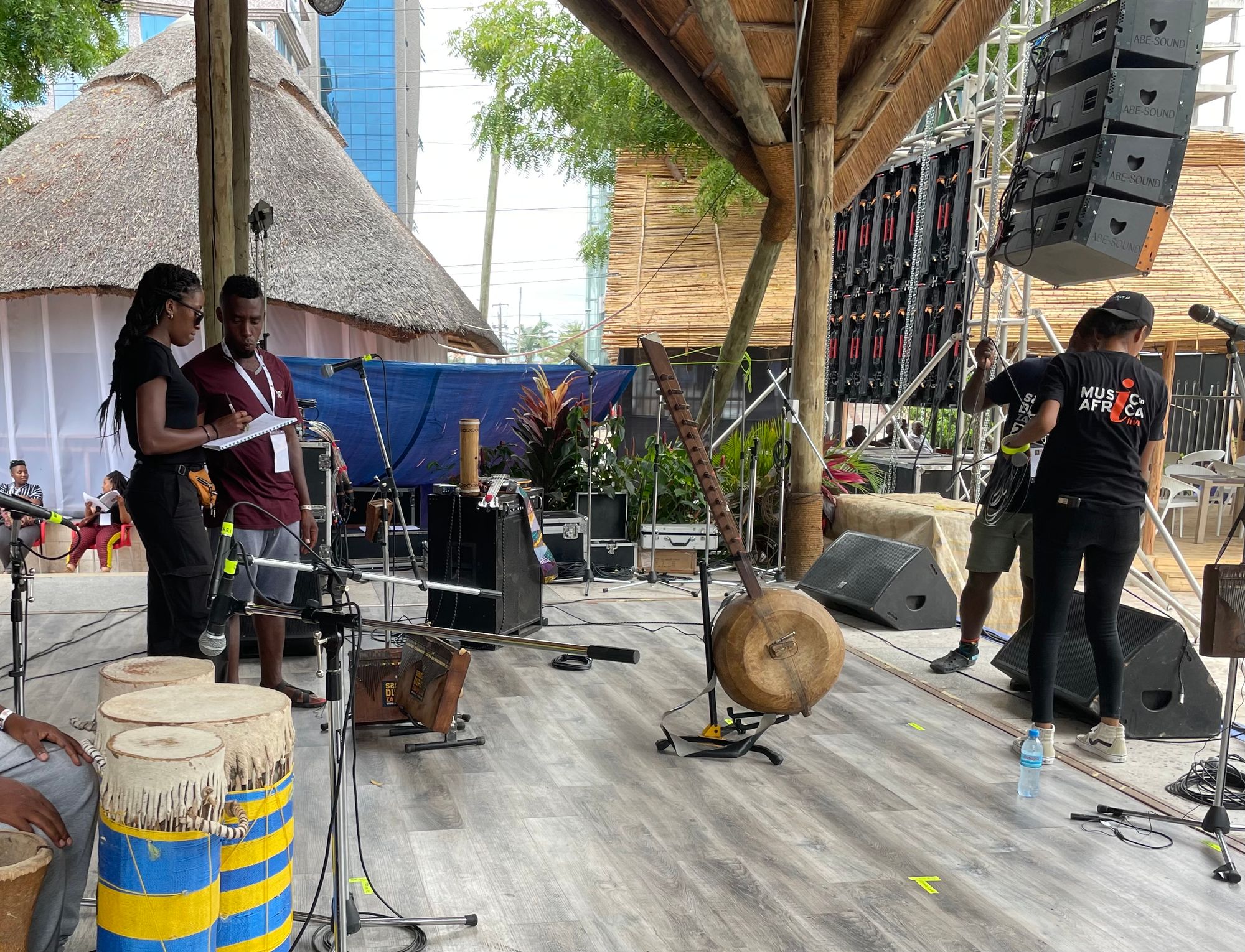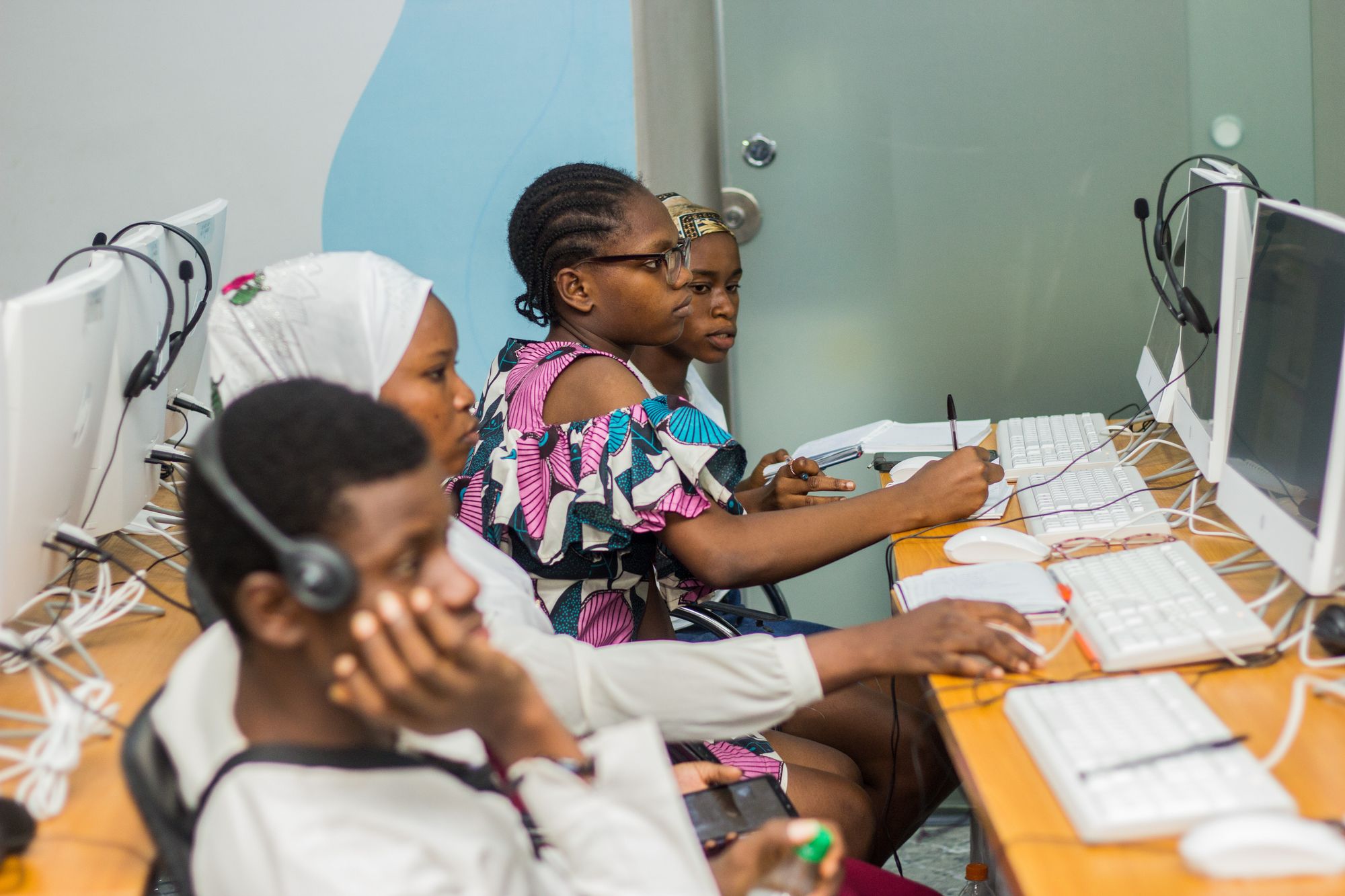Existing gender inequalities across different sectors of our society heighten women’s exposure to risks from poverty, disasters and especially those triggered by climate change. As McKinsey Global Institute projects: Advancing women's equality could add $12 trillion to the global economy by 2025. Equity, diversity, and inclusion lie at the core of achieving social justice, reducing discrimination and bias, and helping build stronger and more inclusive communities. Resilient women play a crucial role in building and strengthening societies. There are success stories that demonstrate a two-pronged approach to address the vicious cycle of marginalization by harnessing the local capability of women and capitalizing on their circumstantial nuance.
Social entrepreneurial approach to climate action
One such testimony is Sunken Limited, a Kenya-based social enterprise supplying affordable, and green energy solutions to low-income households and refugee camps. Christine Atego founded Sunken Limitedto combat poor health conditions faced by the refugees due to the pollution caused by traditional open-fire cooking practiced in the Kakuma region, in Kenya. “The refugees have been living here for 30 years, depending on food from far-off places with displacement threats constantly looming over their heads. This inspired me to devise affordable cooking stoves that would not put their health and the environment at risk and create income for the community. Four years down the line, we have close to 20 employees and a good number of women from the refugee camps”, Christine explains.

Embedded in the community, the social enterprise has benefitted over 10,000 households along with reducing deforestation. It also provides services like drip irrigation, solar home systems, mini solar grids and tissue culture and supplies solar pumps to small holder farmers across Kenya. 60 youth artisans from the refugee camps have been trained by them with a focus on women. “Men call the shots in such families, however, when the first women employees started earning, more and more started joining my enterprise. When you empower women, you empower the entire community with them”, Christine adds.

The success of female entrepreneurs does not solely depend on their traits and entrepreneurial skills, but also on supportive institutions and an enabling ecosystem. Female entrepreneurs often fall behind the curve when it comes to accessing financial and human capital. To strengthen the economic opportunities available for women, the Social Entrepreneurship team at Siemens Stiftung launched the epScale funding call to promote women like Christine Atego in the green economy.
Music removes inequalities
It is not only critical areas like clean energy, but a push for gender affirmative actions across the board that can make a substantial difference in times when societies are becoming increasingly polarized. Music In Africa’s Gender @ Work is a pan-African, women-focused program, aimed at upskilling and increasing the participation of female professionals in the African music industry. The program provides training, networking, and lobbying opportunities for both professional and aspiring female music practitioners, thus supporting women working in the music industry with capacity development programs.

“For so long we’ve heard music is only for men, now girls are forming bands and doing jobs on stage. Women can do what men do and sometimes they do it better. The role of the Music In Africa Foundation (founded by Goethe-Institut and Siemens Stiftung) is a crucial vehicle for the development of the music industry in the continent. It is our agenda to contribute towards building an enabling ecosystem for music creators in Africa. This also means addressing the gender disparity in the industry, something we’ve achieved with the Gender@Work project”, explains Eddie Hatitye, Executive Director of the Music In Africa Foundation.
10 years after its inception, Music In Africa has 40,000 registered musicians and cultural organizations, connecting promising artists and supporting music entrepreneurs to develop new business models. It has not only broken down barriers for women in the creative industry but also brought the most marginalized voices from the continent to the fore. With gender equality projects and interactive artworks, Siemens Stiftung aims to open the door to art that makes diversity a tangible experience and gives society the space to address strife in a creative way.
Preparing the next gen through quality education
There is a lot to celebrate, yet gender polarity looms large in the 21st century, especially in terms of educational access. To address this, Siemens Stiftung has initiated projects to instill gender sensitivity right from kindergartens to higher levels. The Experimento 3+ educational program introduces preschool children to gender equality through inquiry-based lessons in Latin America. In Lagos currently, 300 students (150 girls and 150 boys) are receiving IT skills training, preparing them for the skillset required to excel in the digital economy through the BeMINT_Nigeria project.

The students come from low-income areas of Lagos city, learn how to use computers, write their CVs, and prepare for job interviews with the aim to secure internships in local companies. Traditionally seen as a bastion for men, education in STEM (Science Technology Engineering and Mathematics) subjects have gone a long way in reducing the skills gap by increasing the employment and productivity of women and lowering occupational exclusion. Funded by the German Federal Ministry for Economic Cooperation and Development (BMZ), the NGO Empowering Africans Through Education Initiative and Siemens Stiftung are the implementation partners of this project. Watch the video to learn how young girls are benefiting from this project:
Power of partnerships
Partnerships and networks are at the heart of all the activities and projects that Siemens Stiftung supports, both locally and globally. There’s an urgency to raise each other and channel the power of collaboration, to change the equation for the better. Therefore, not only women need to support women, but everyone needs to join forces.
About Siemens Stiftung
As a non-profit foundation, Siemens Stiftung promotes sustainable social development, which is crucially dependent on access to basic services, high-quality education, and an understanding of culture. Their geographical focus is on Africa, Latin America, Germany, and other European countries. Together with partners, they develop and implement solutions and programs to support this effort, thus promoting the SDGs on gender equality, climate action, quality education, reduced inequalities, and partnerships for the goals. Technological and social innovations play a key role in this work.
Dr. Nina Smidt is the Managing Director and Spokesperson of the Board at Siemens Stiftung and has a keen interest in diversity, education, climate change, access to technology, and social entrepreneurship.
Find out more: https://www.siemens-stiftung.org
Follow on Twitter: @SiemensStiftung; LinkedIn: Siemens Stiftung



















